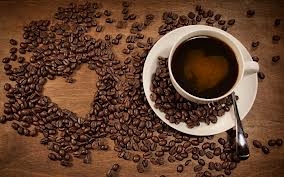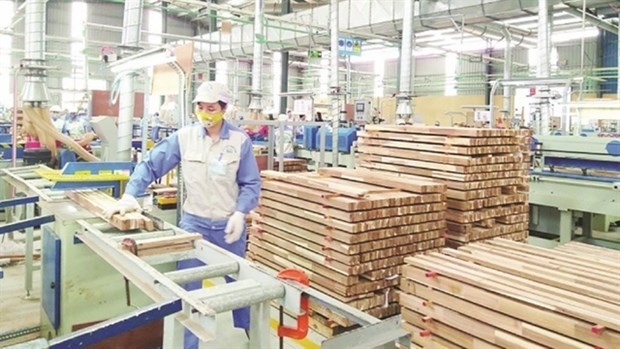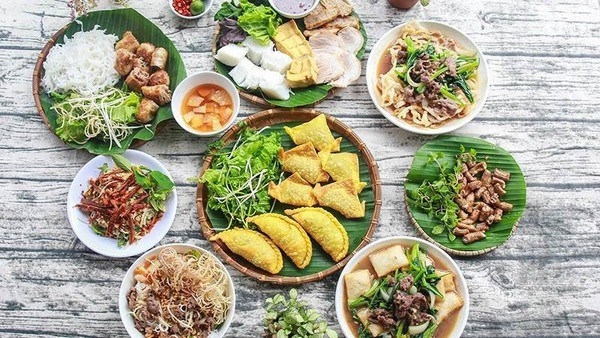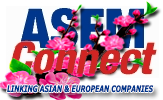
AsemconnectVietnam - Major European coffee buyers such as Nestle NESN.S are struggling to obtain supplies of premium robusta beans after heavy rains in Vietnam last year wreaked havoc on the crop in the world's biggest producer.
Coffee roasters with strict requirements about the quality of their robusta beans, a cheaper variety than arabica and used for instant coffee, are rejecting deliveries, traders said.
Roasters complain the coffee is musty and bitter, having been soaked last autumn by heavy rains during harvesting, when farmers lay the coffee cherries out to dry.
The weather damage can also be seen in the colour -- more beans than usual are a brown or black hue rather than the typical pale green colour of raw coffee.
Nestle, the world's largest coffee company, has been hit particularly hard, traders said, since it has also committed to buying coffee that meets the voluntary Common Code for the Coffee Community, known as the 4C sustainability standards.
"They have specific quality standards that are generally higher than others," said one European trader.
Sourcing coffee has been more difficult this year due to roughly 20 percent lower production in Vietnam, as well as a second poor crop in Brazil, the world's second largest robusta grower.
Traders said Nestle had earlier this year tendered for roughly 3 million 60-kg bags of Vietnamese robusta coffee for March 2017/March 2018 delivery.
One trader said Nestle typically uses 5-6 million bags of Vietnamese robusta coffee a year, which represents nearly a quarter of the country's 2016/2017 output, expected at about 24.5 million bags.
Nestle declined a request for comment.
Nestle could try alternative sources, traders said, but few countries grow the beans it needs on a large scale. While 4C is a widely used benchmark, only about 29 percent
2.6 million tonnes (43.3 million bags) in 2015 according to the Global Coffee Platform -- of coffee grown globally meets Nestle's specification. Most 4C robusta comes from Vietnam.
The bulk of 4C is arabica coffee, typically used in premium blends, from countries such as Brazil and Colombia.
Indonesia, the world's third largest robusta producer, grows some 4C coffee, but traders said it usually falls short of Nestle's taste test.
"You are stuck because you committed to that supply chain and that sustainability programme," said a second trader. "You might have the perfect coffee next door - but it's not certified."
Higher quality coffee from India and Uganda could fit Nestle's profile, but these countries also produce only small volumes of 4C coffee and traders say the premium on supplies from these countries is $160-$200 a tonne to top quality Vietnamese robusta.
For now, quality issues have mostly affected companies which buy on taste rather than the look of robusta beans and the coffee shunned by Nestle is expected to easily find a home and unlikely to be discounted.
"There are plenty of people who are less strict," another trader said.
More broadly, the market is worried about future supplies from Vietnam due to producers having sold forward their best coffee in a bid to lock in profits earlier this year, when robusta prices
LRCc1 hit 5-1/2 year highs of $2,282 a tonne.
The low grade quality of the remaining stock in Vietnam is causing concern, as is the volume farmers and middlemen are holding at this point in the season. Traders estimated just 20-30 percent remains in the country, compared with 45-50 percent in a typical year.
Focus is also on discoloured beans, which some dealers say could make up 8 to 10 percent of the total crop. Traders say more than 20 percent of Vietnam's remaining crop could be black beans, which affect taste and may have to be blended with the next crop.
Price differentials have not yet shifted dramatically, but the discount for lower quality beans suggests oversupply; grade 3 is trading about $150-$200 a tonne below Grade 2 compared with about $100 previously.
"The longer we go, the more we realise we've drawn down the good coffee," said a third trader.
"At some point this is going to be an issue."
Source: Reuters.com






